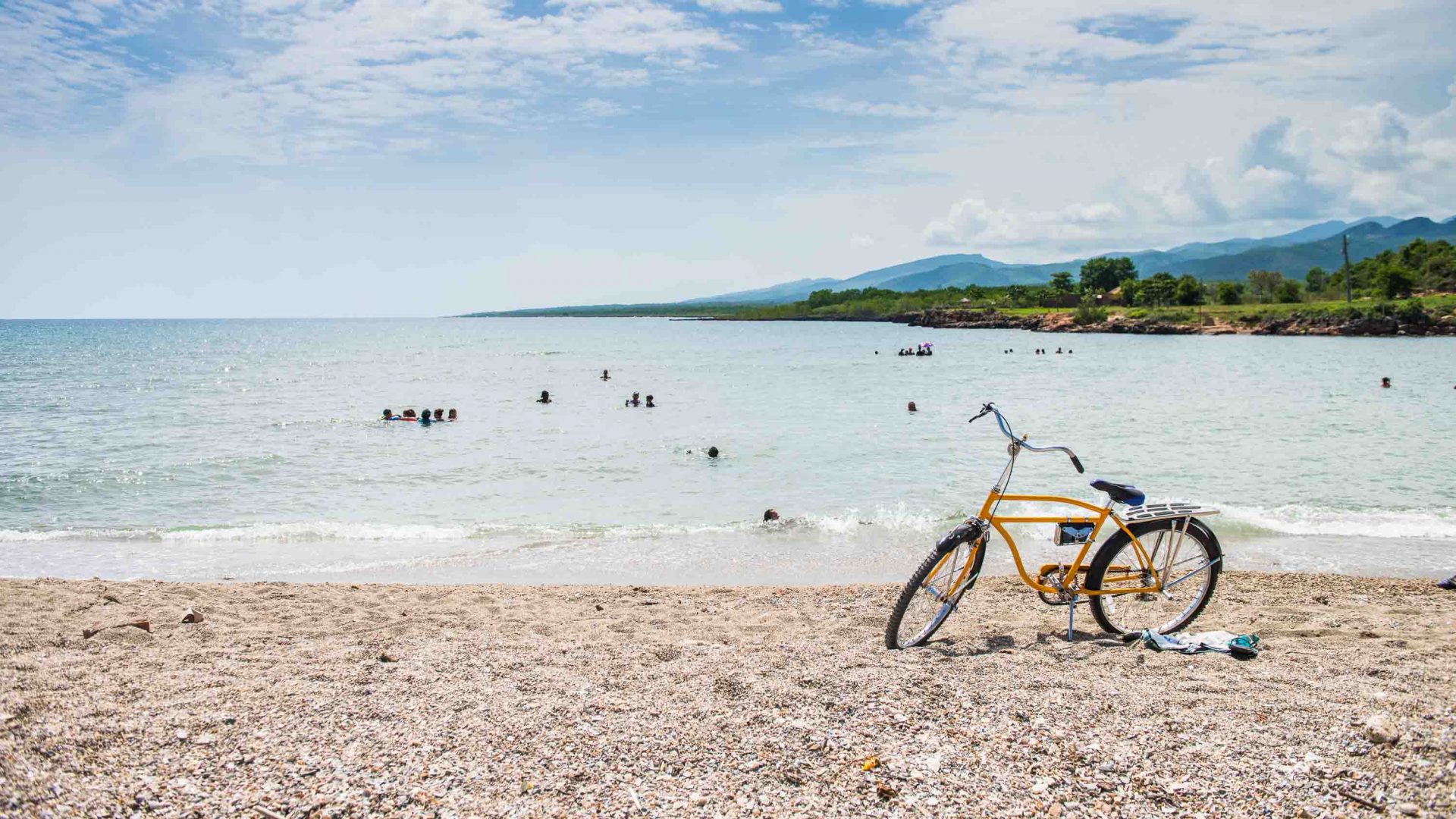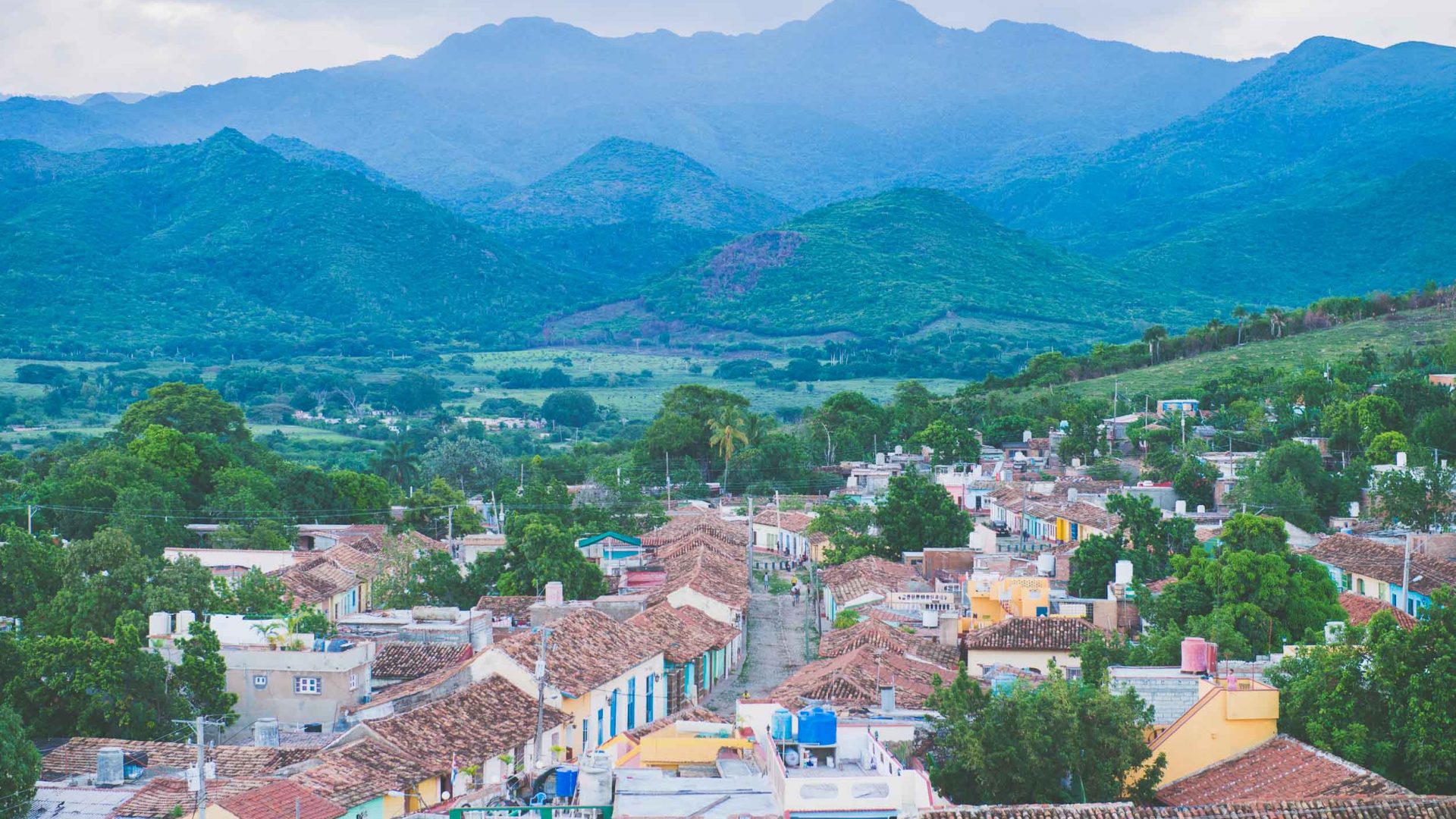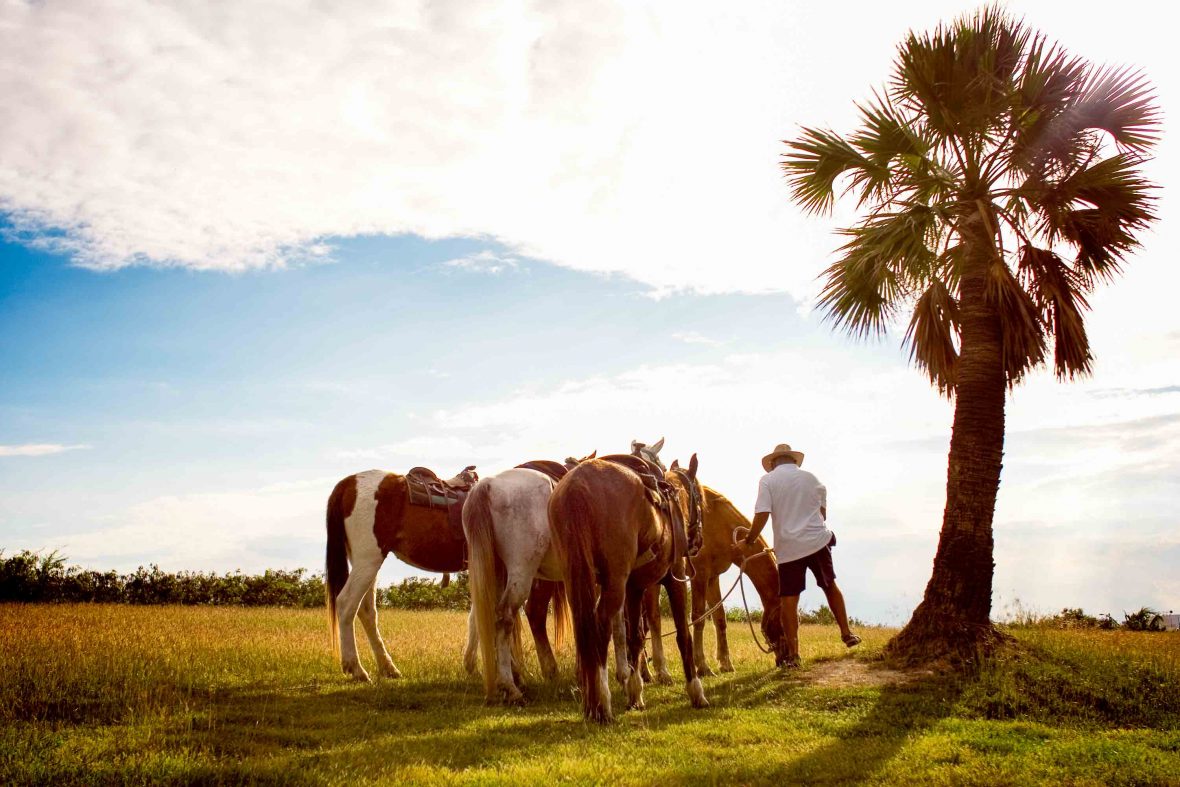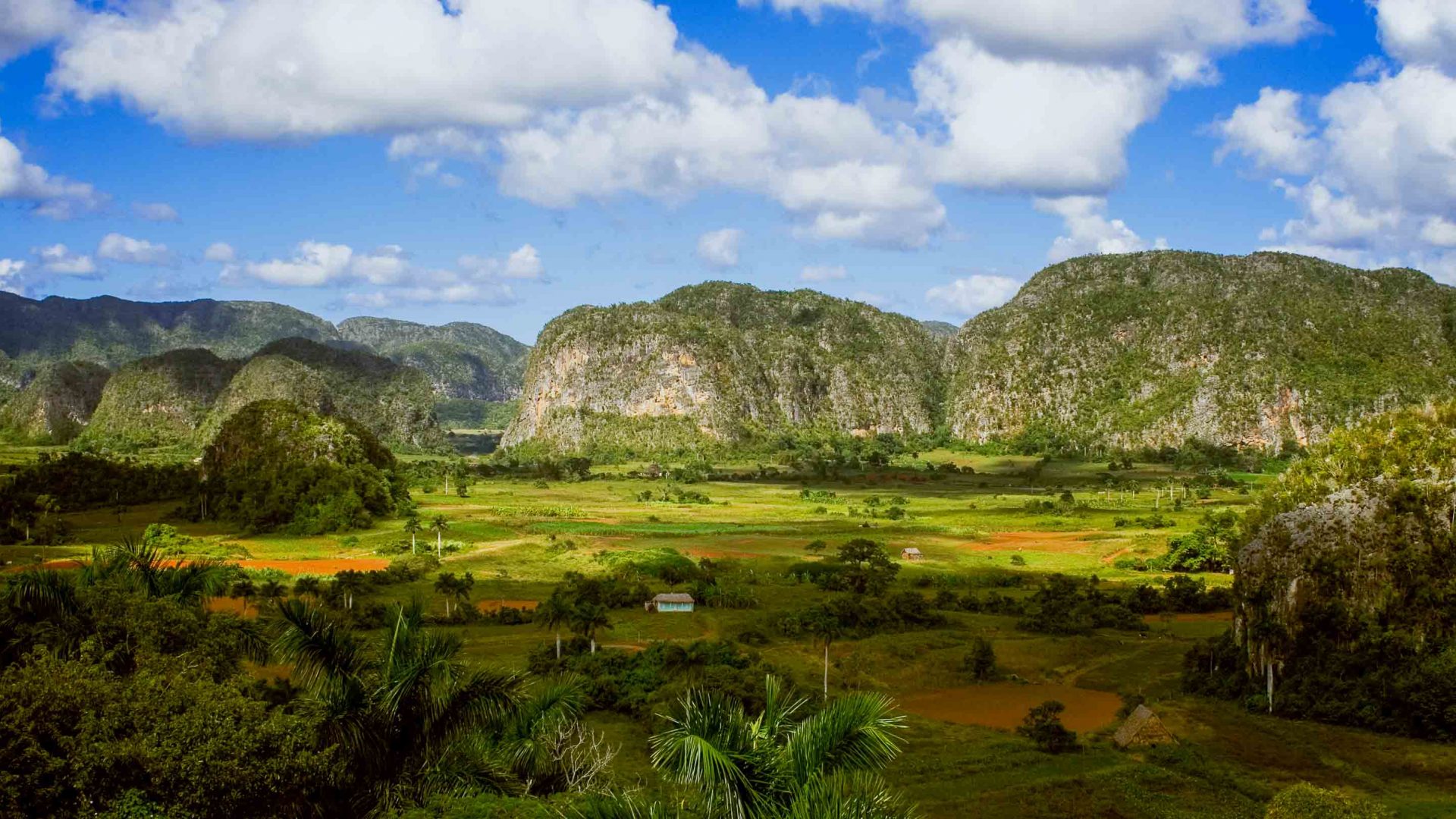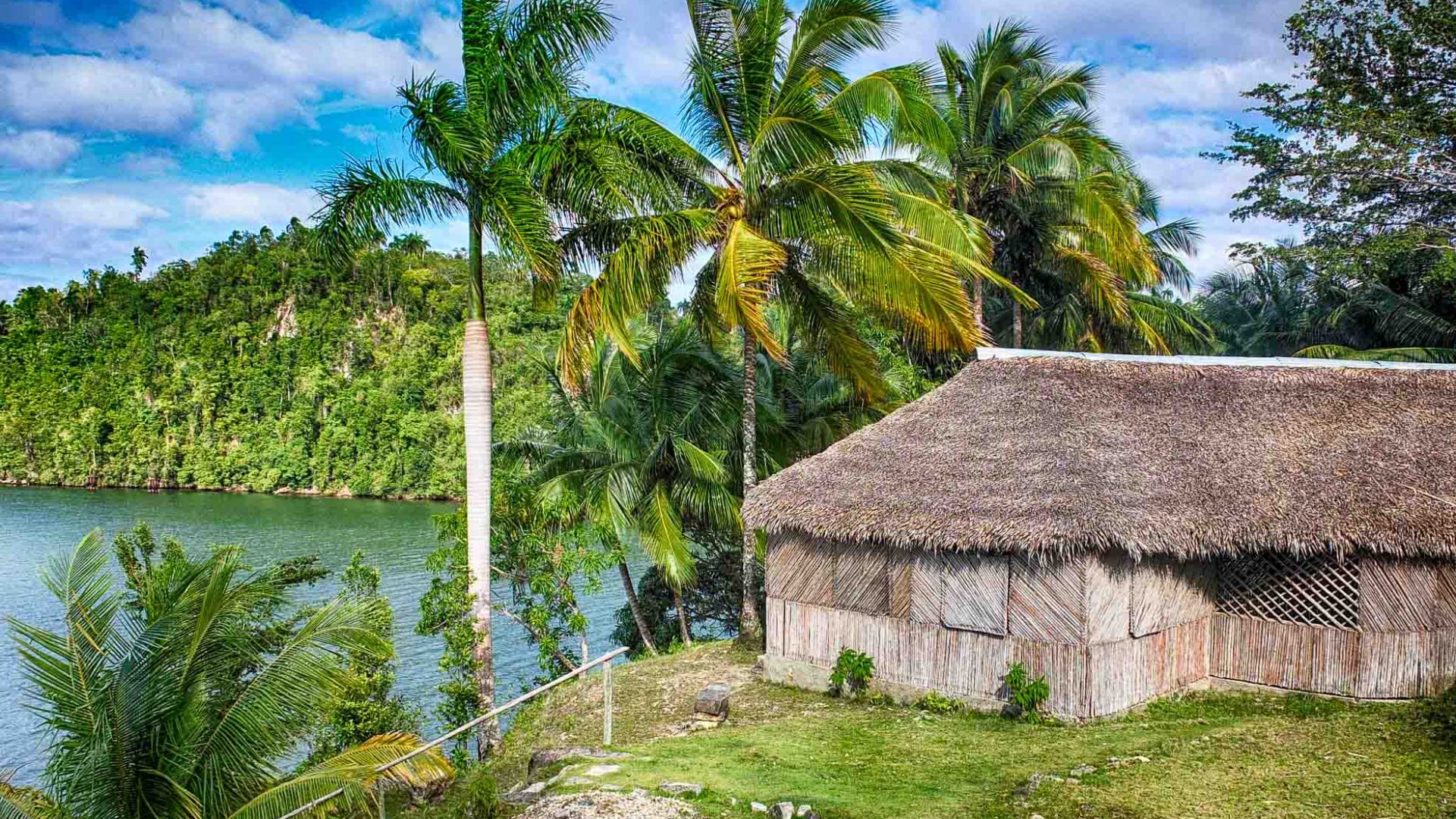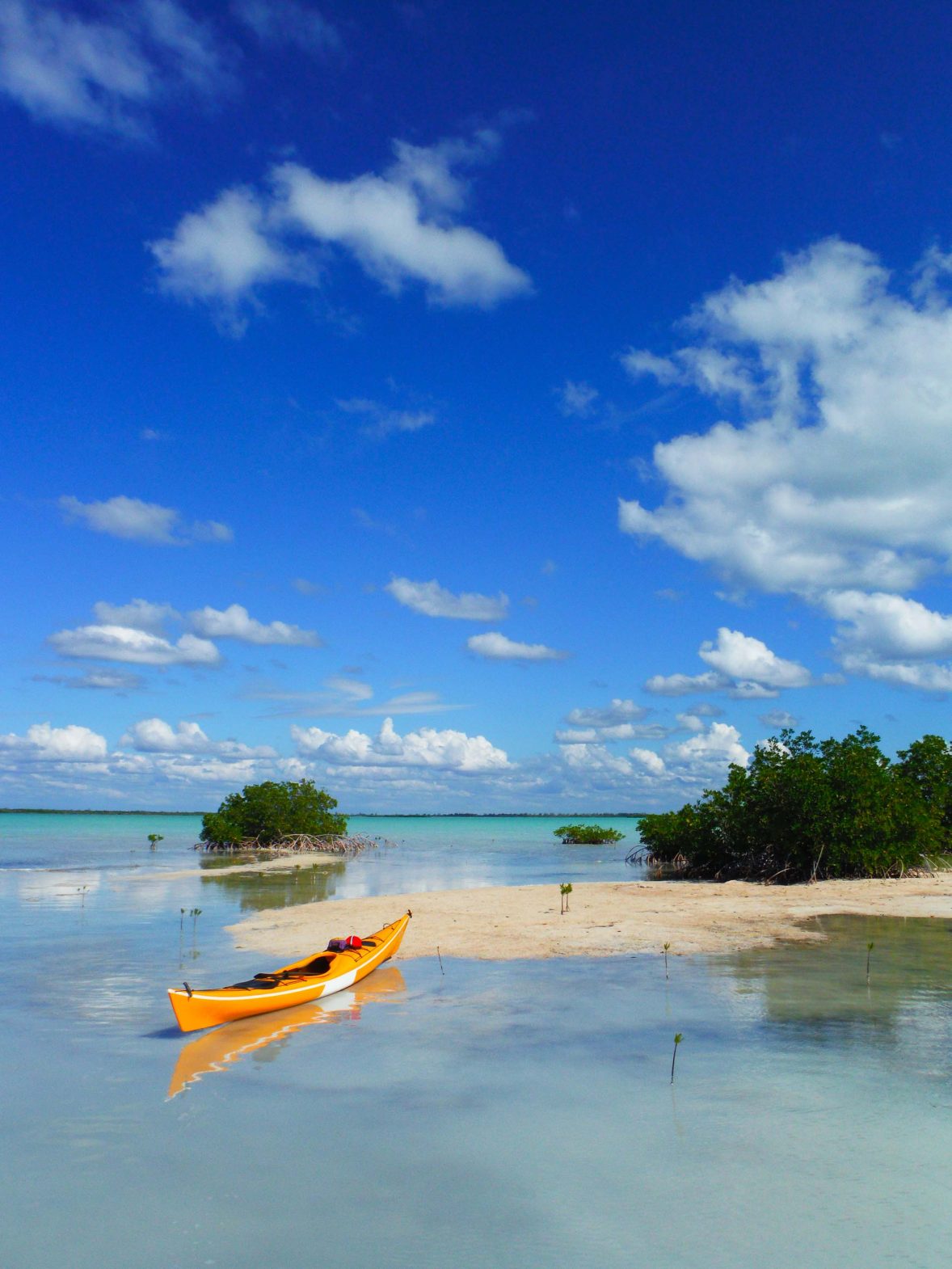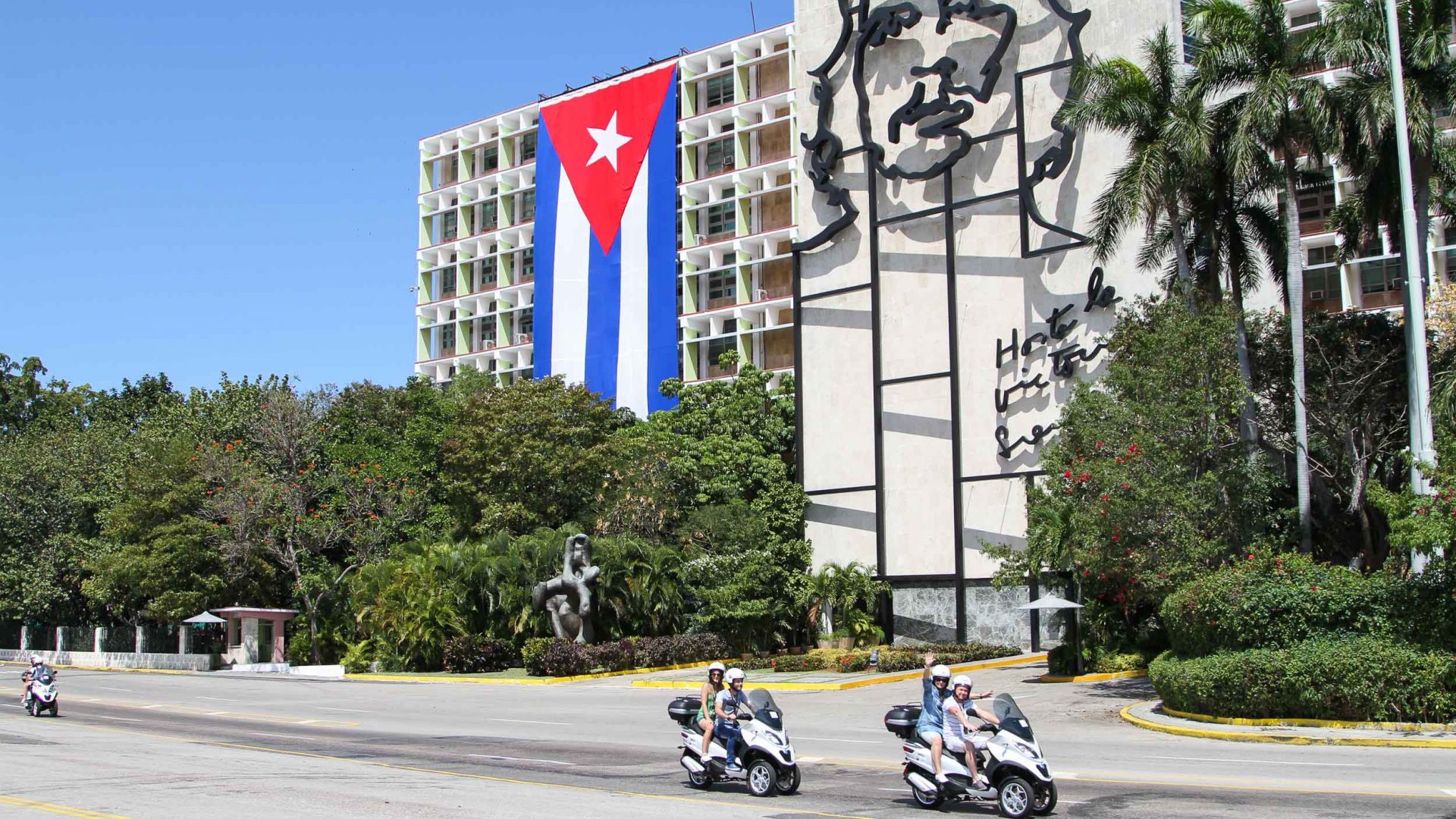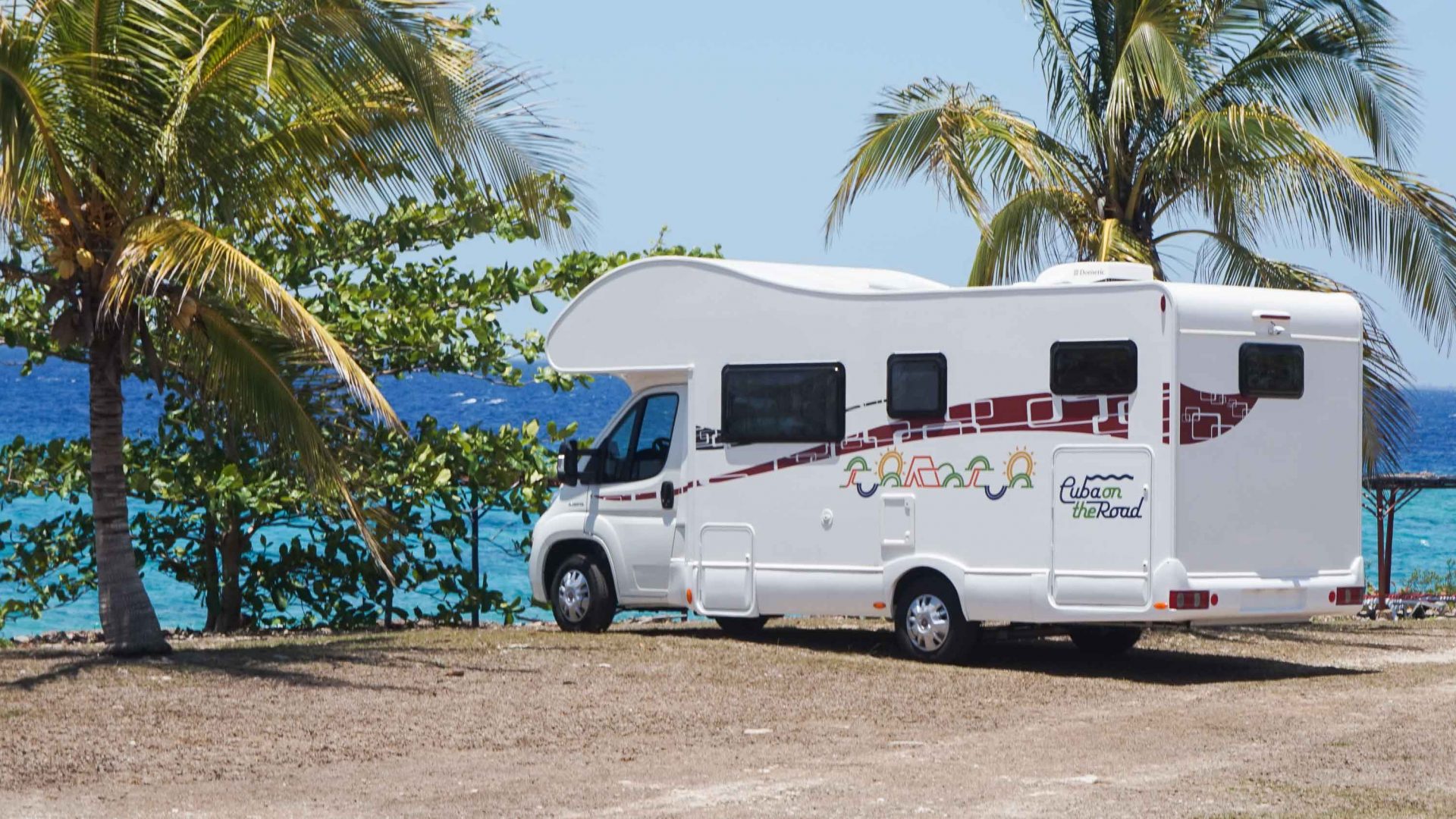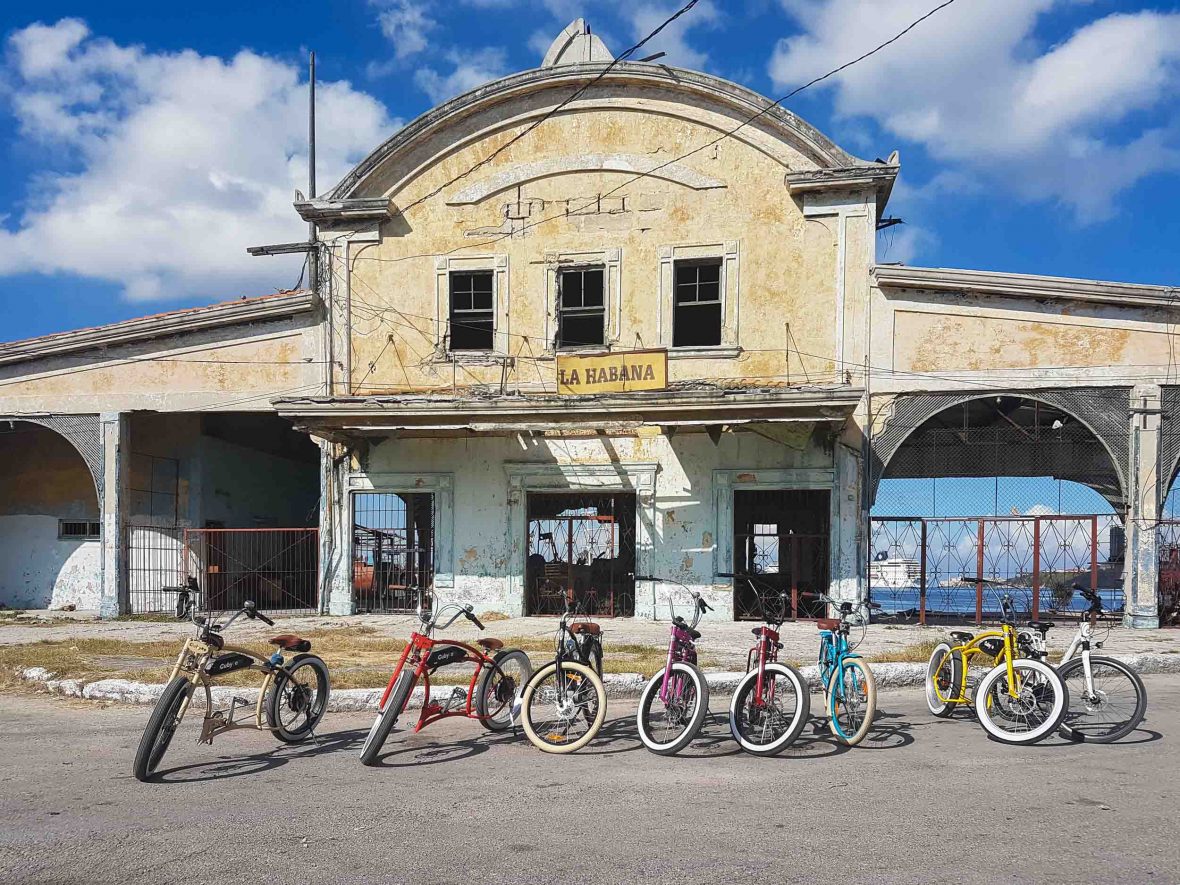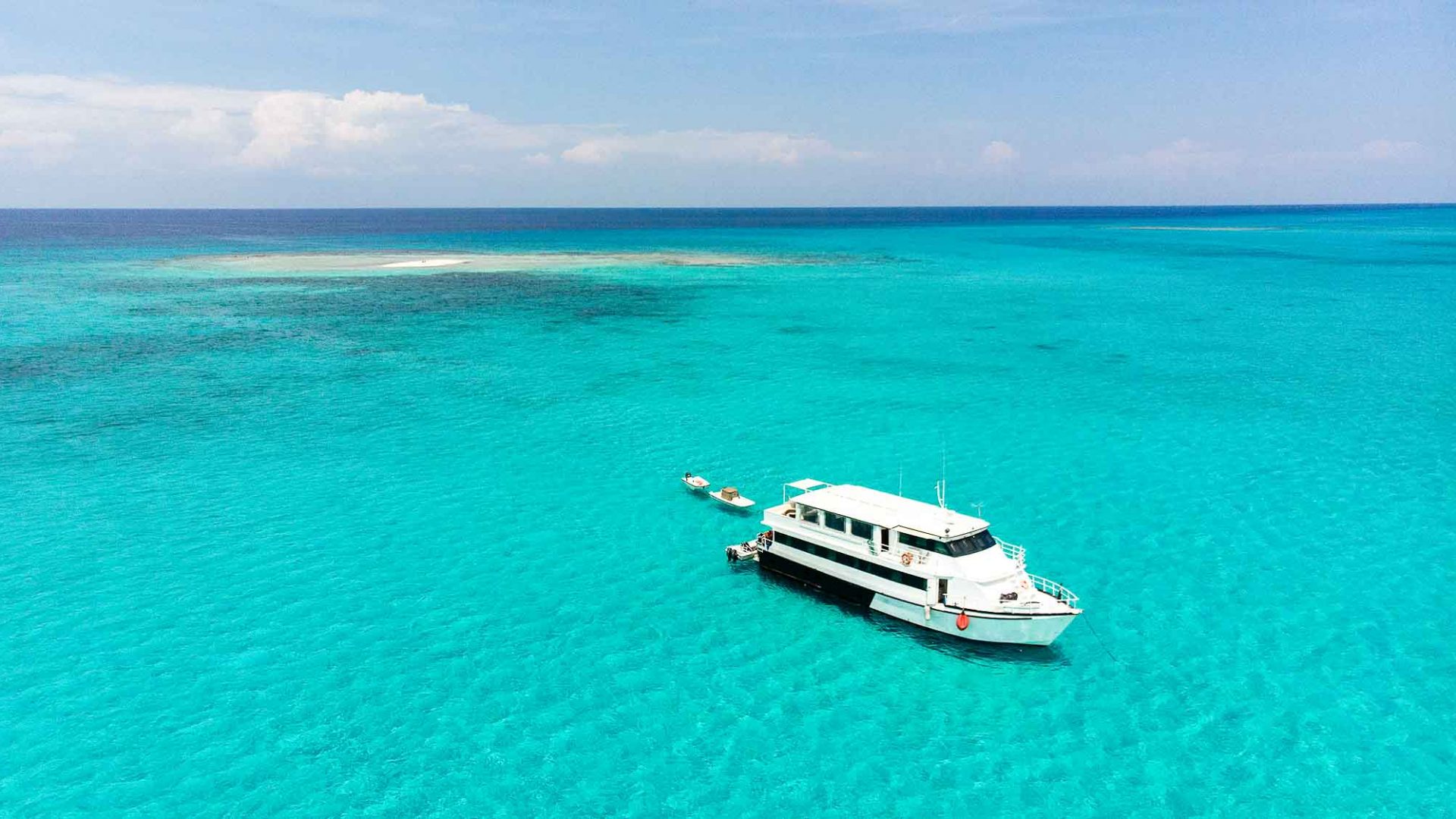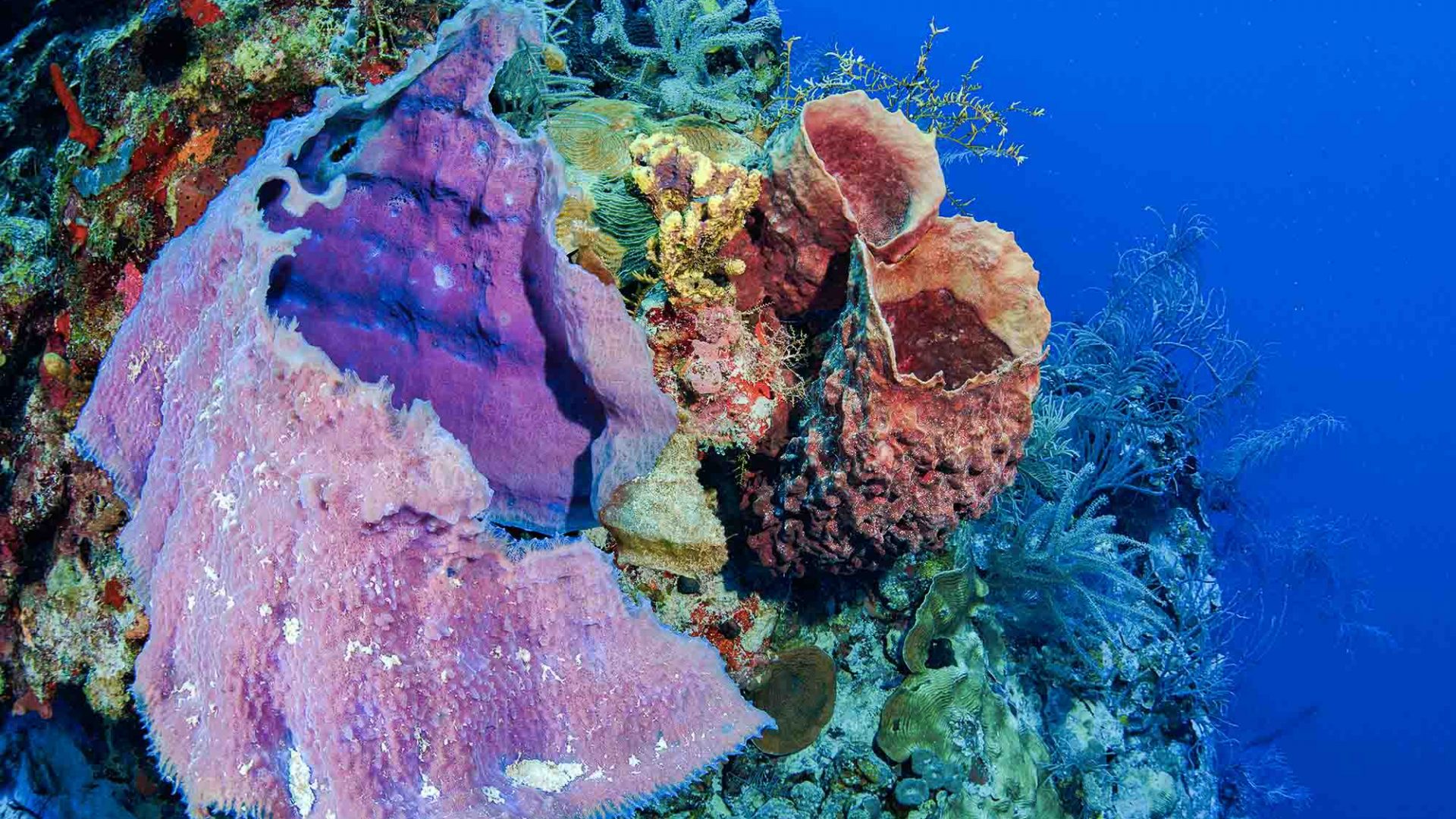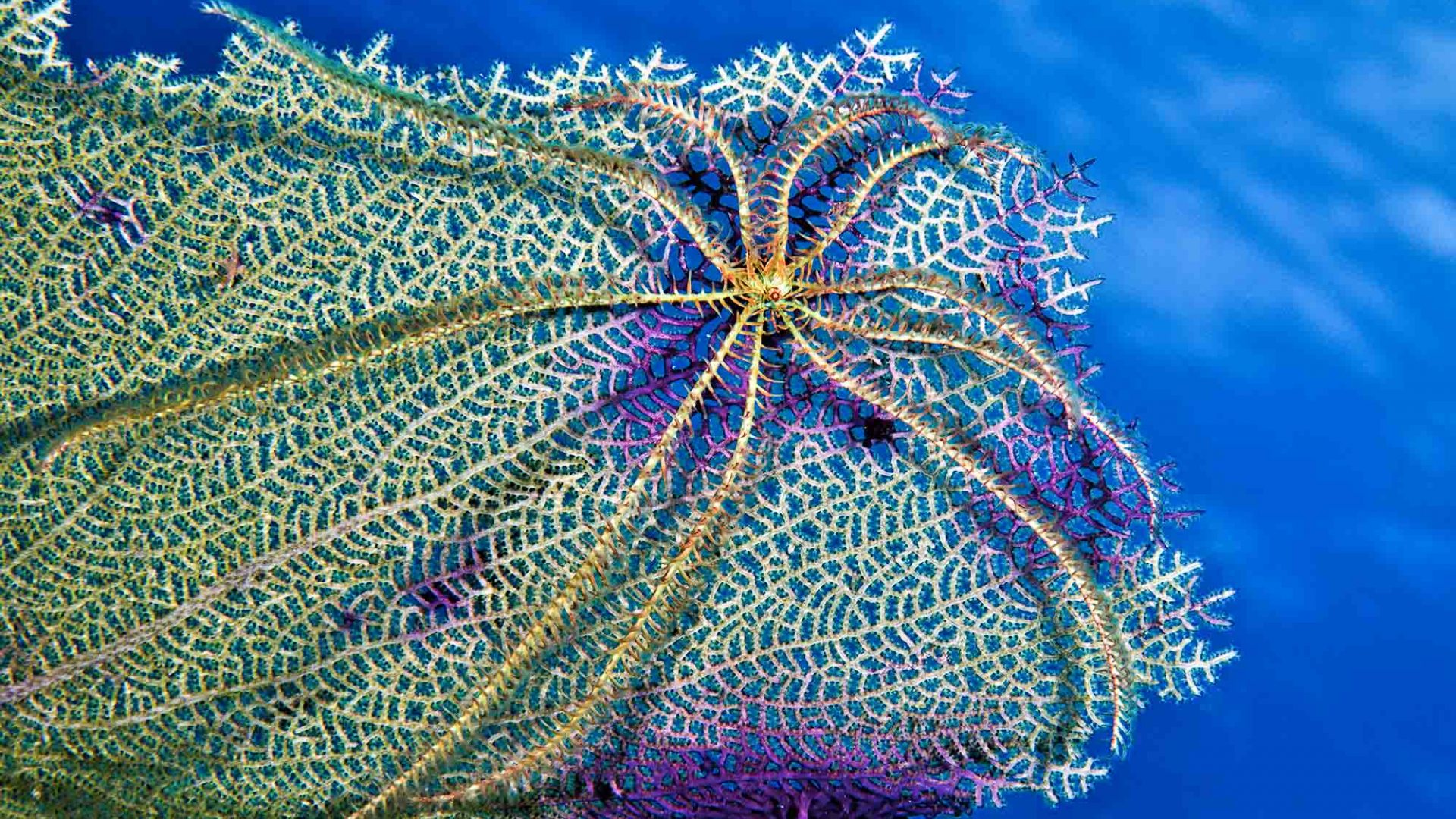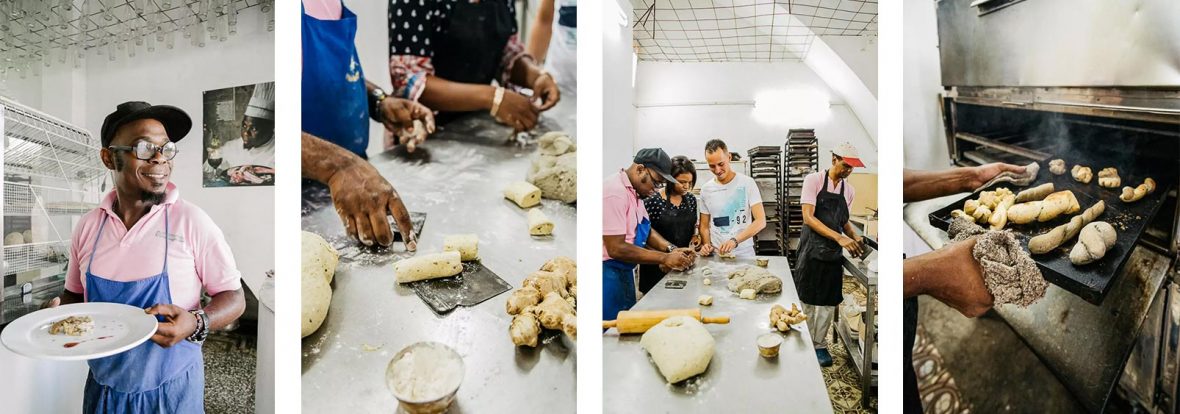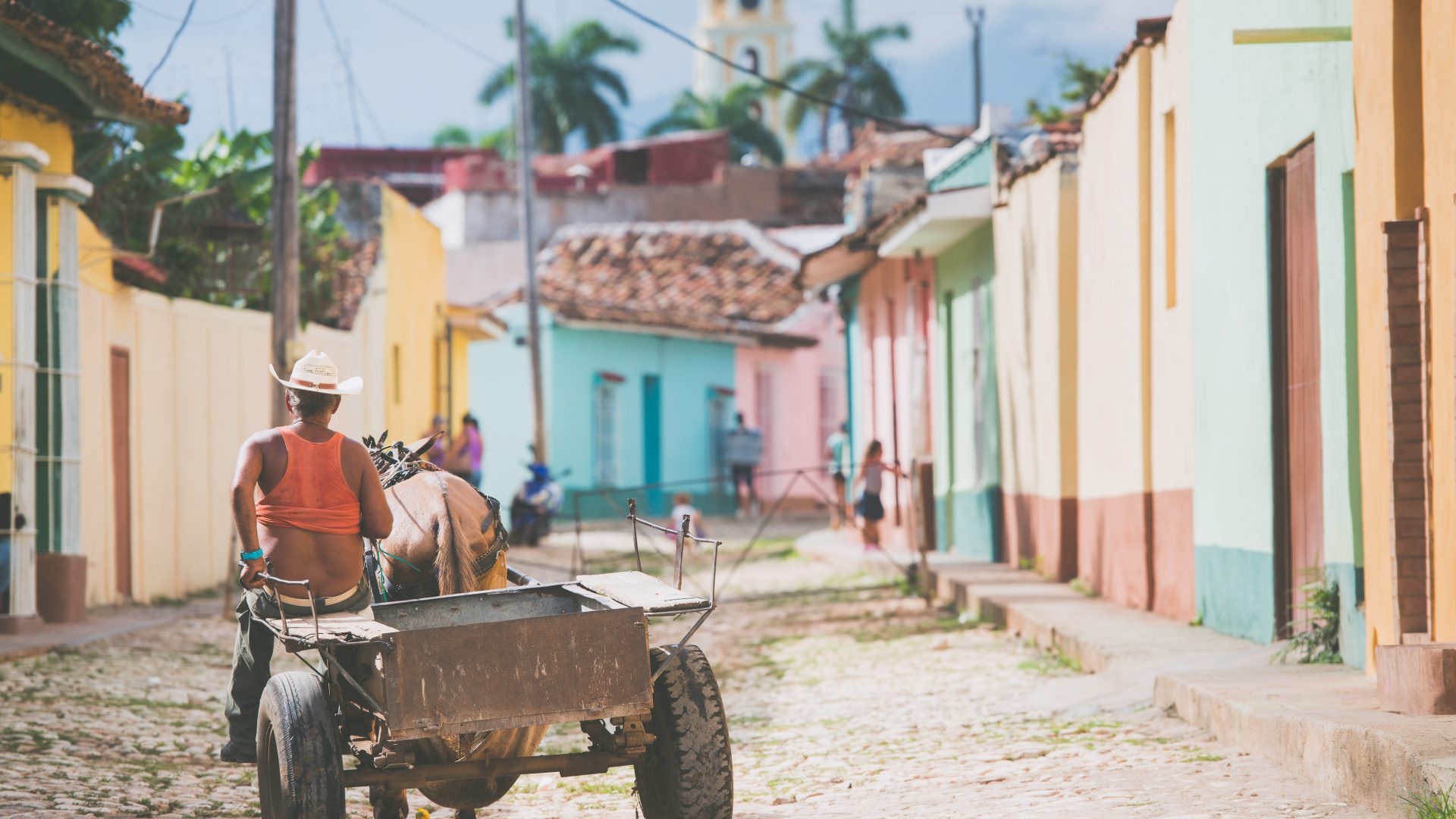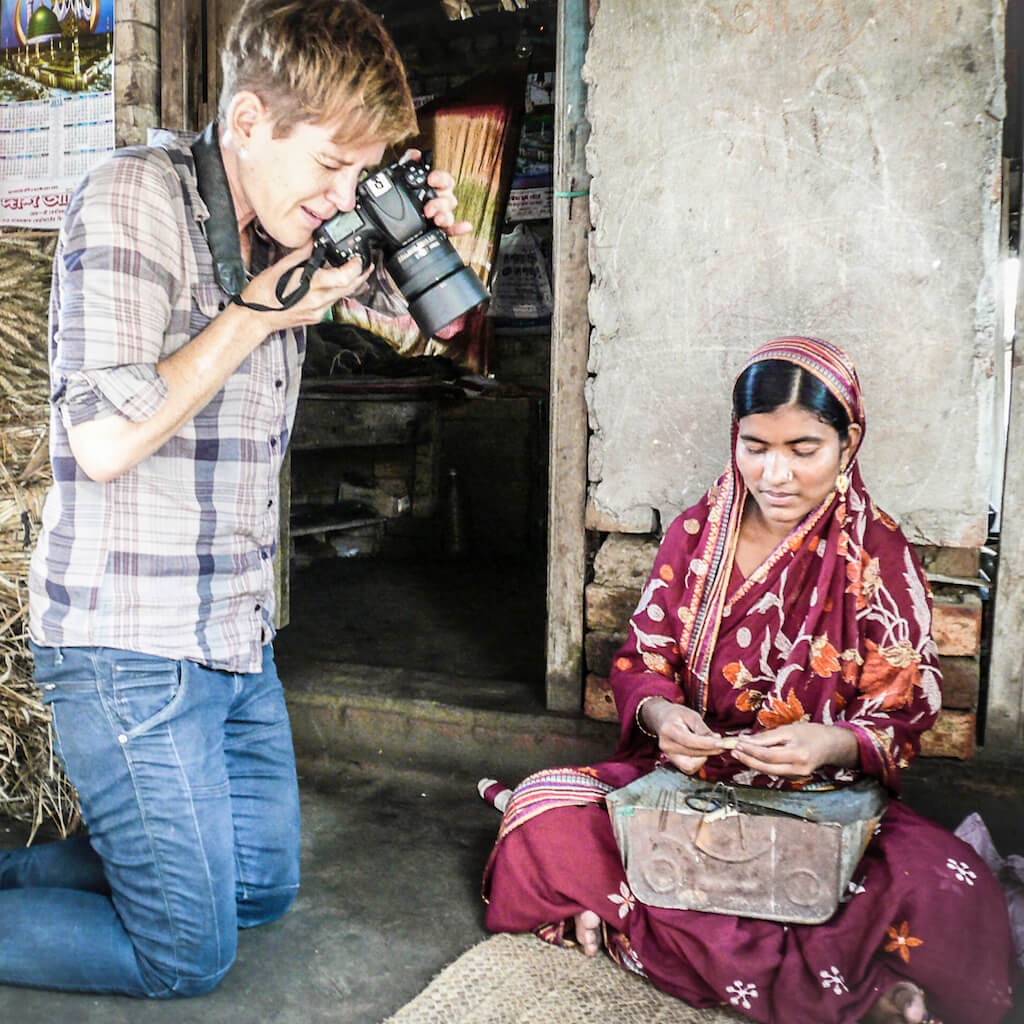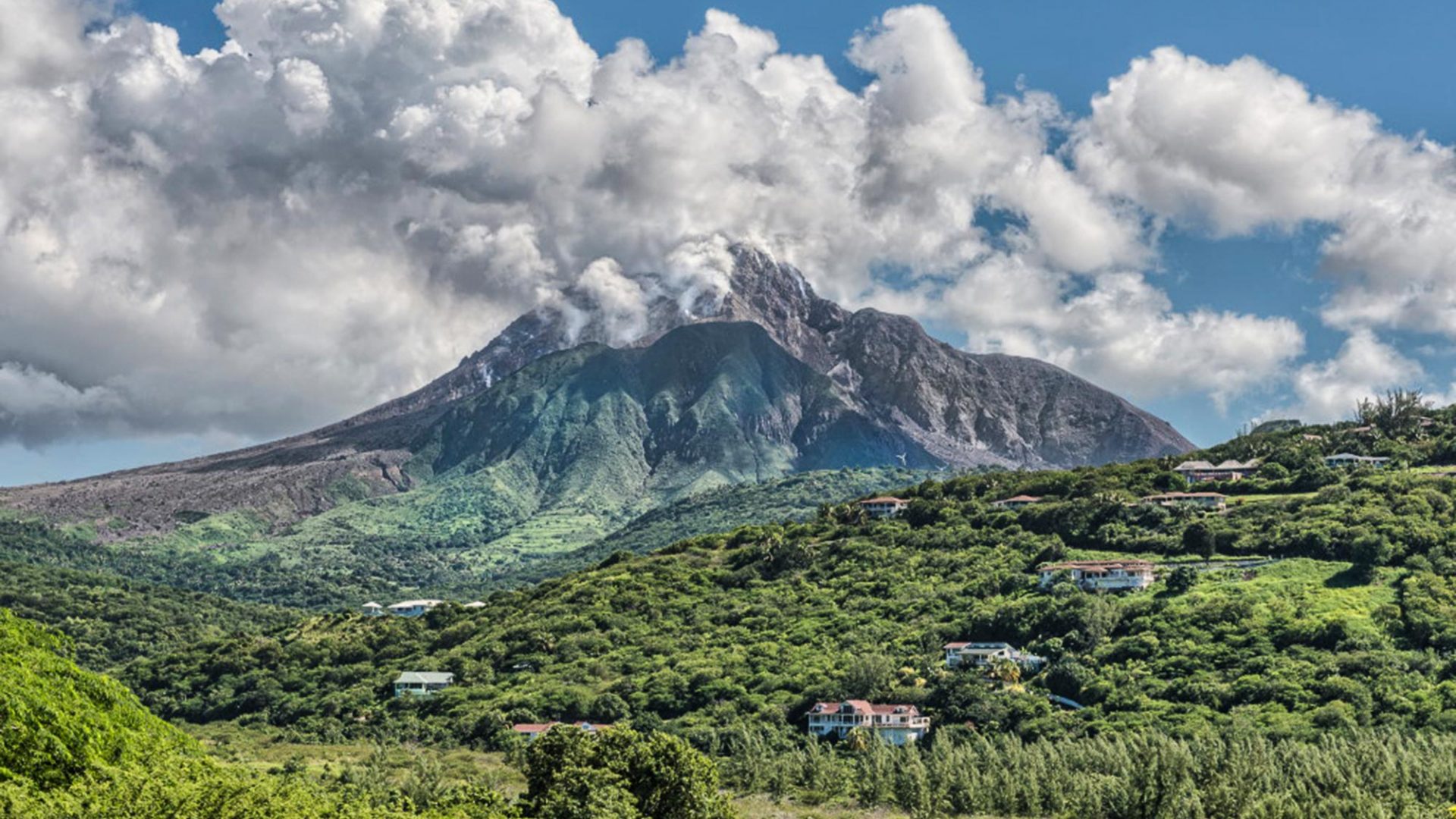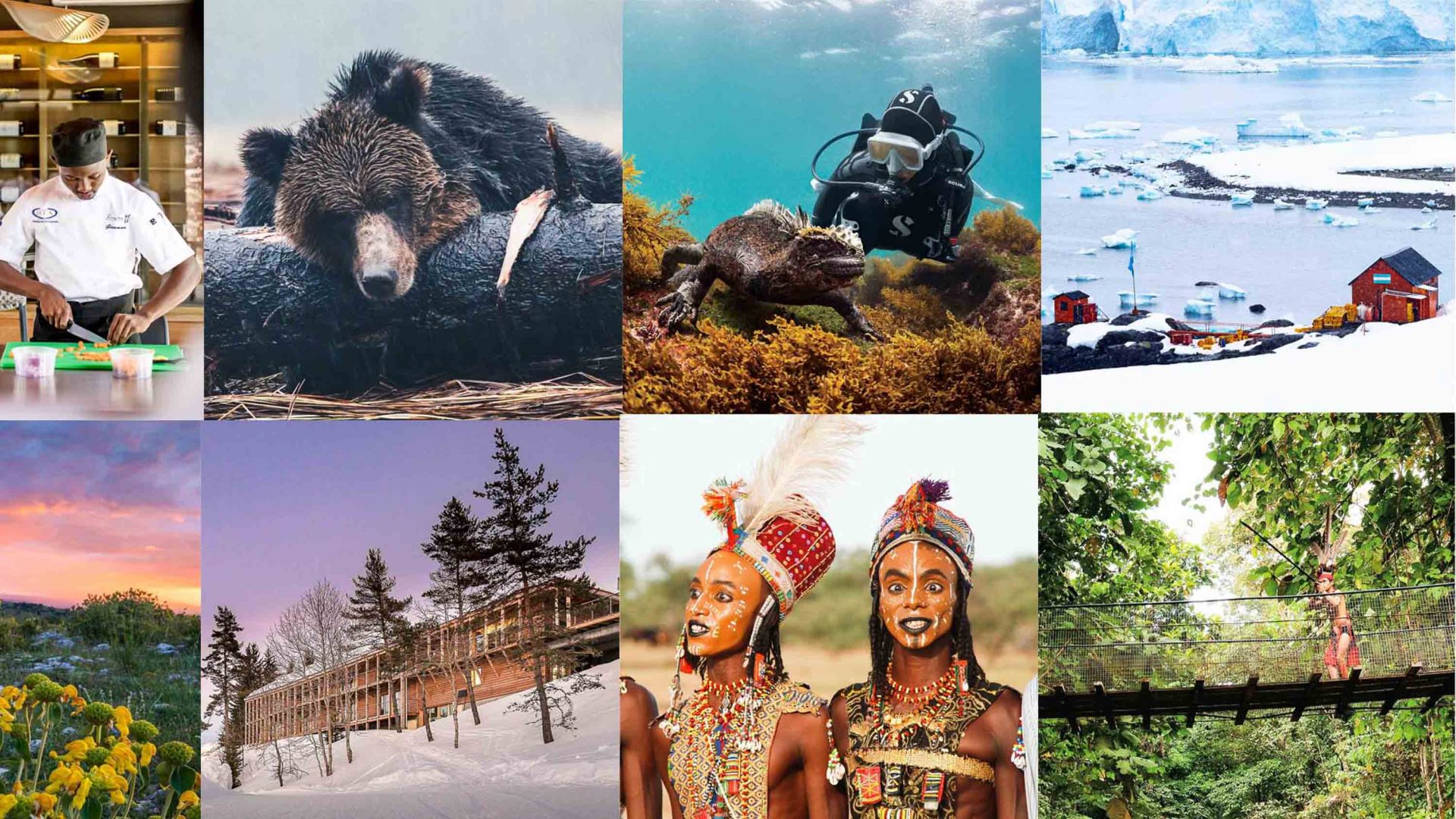As Cuba enters a post-Castro era, what’s in store for travelers? Cuba expert Claire Boobbyer goes in search of new experiences, from wild camping and e-biking to campervanning and experiences with Michelin-starred chefs.
When Che Guevara motorbiked around South America in 1952, he waxed lyrical about the open road in his coming-of-age book The Motorcycle Diaries. Fifty years later, his youngest son, Ernesto, channeled his own love of bikes into a savvy business opportunity by launching Harley Davidson tours on the island with La Poderosa Tours.
Since then, more and more adventure activities—on wheels, feet and floats—have become available to travelers. There are even nascent agritourism and foodie scenes.
“The door is now open,” says Irishman Johnny Considine, whose newly launched company Wild Cuba offers remote trekking and horseback riding. “A few years ago, the Cuban government wouldn’t allow wild camping and campervanning, but now there’s a massive commitment to nature travel.”
Many chefs and foodies are also taking advantage of Airbnb Experiences in Cuba. Ariel Causa, co-founder of the Alamesa app which lists restaurants across the island, offers eight gastro adventures. He sees his culinary adventures as connecting travelers with genuine Cuban culture. “Cuba can be a cryptic destination for first-time travelers,” he says, “riddled with misinformation and tourist traps.”
On a recent trip, I met another entrepreneur keen to shed more light on Cuba’s culinary heritage; bread evangelist and Michelin-star chef Alberto González Ceballos, whose Airbnb experience takes place in his Havana bakery. Alberto and others like him are using these new opportunities to show travelers what Cuba has to offer—beyond what’s been permitted up to now.
As Cuba charts a post-Castro course, travelers will be watching its further opening to the world closely, but also whether its commitments to nature and adventure are developed in an environmentally sustainable way. Changes are certainly afoot in this island nation.
